Today is a full moon and also the third year anniversary of my father’s death. It feels apt and honouring to share this conversation with you today.
Like my father, David is a big hearted Pākehā man who believes in breaking through social barriers and is courageous in pursuing his vision.
David’s background is in youth work. He started his career working for the Methodist Church as their National Youth Director. He spent many years working in Central Government where he led the National Youth Development Strategy Aotearoa under Helen Clark’s Labour government. He then ran his own consultancy before starting his current role at Wesley Community Action.
In the last few years his attention has turned from trying to shift the whole system to creating small islands of change - warm spaces where communities feel safe enough to come together and address the issues that affect them most, such as meth addiction, poverty and food security. He understands that people are the experts of their own lives and have the resources to create change if given the chance.
The stories that David tells of his work with the Mongrel Mob and local communities around the Wellington region are delightful and inspiring. Like my Dad, David looks for the good in people and doesn’t see social boundaries as barriers. Unlike my Dad, David has embarked on a personal journey to uncover and heal the trauma he’s inherited through his own family history.
What strikes me about this conversation is the way David connects the personal and political. He makes the point that Pākehā culture has been founded on a suppression of trauma - a denial which has fuelled colonisation. He dignifies healing as important work and points to how Pākehā need to acknowledge and address our own trauma, to show up as equal treaty partners.
We talk about how many of our Pākehā ancestors came to Aotearoa to escape trouble in the British Isles.
“If you were doing well in those societies, you didn't really wanna hop on a boat and travel to the other side of the world,” he says. “It was people who were trying to flee something; desperate for a new chance and a new break.”
And yet the science of trauma is teaching us that traumatic experiences that go unaddressed and unspoken, live on in our bodies and are passed down from generation to generation. While we deny our own trauma, it shapes the way we see each other and make decisions. David talks about how this suppressed trauma is baked into our political system; it’s in the language of our political processes and policies.
”The biggest barrier to change,” he says, “is the people who've got power and money thinking they don't need to change. And the problems that group over there.”
David shares stories of heart-breaking betrayal, suicide and war from his own family history. He reflects on his childhood in the archetypal middle class suburb of Tawa and the culture he grew up with which encouraged academic success and conformity while suppressing anything unpleasant. He was born in 1962, not long after two world wars, a pandemic and a great depression.
“Come the 1960s,” David says, “there was this desire to just progress, get ahead and dream, so all of that trouble and trauma was just pushed down. We developed ways to protect ourselves from feeling that. That became our culture.”
It feels comforting to reflect on my Dad’s life and our family history in the light of this conversation. My Dad was a deeply sensitive man who never learnt to acknowledge or express his feelings of grief. His mother was an alcoholic and his father suffered from depression. As the oldest, Dad grew up doing his best to hold his family together. Though he was an incredibly cheerful man, he suffered from manic episodes and late in life was diagnosed with manic depression. I can’t help but see these episodes as eruptions of suppressed grief. It comforts me to see a pathway to healing these old wounds by tending to myself and my relationships now.
Over the last few years as I’ve been learning about our environmental crises and the economic causes, I’ve found it easy to lose hope. The problems are so massive and large-scale. But I find something incredibly hopeful in David’s work and perspective. It reveals that we are all part of this system we live in and that while we separate ourselves and deny our trauma we remain stuck. But there is much hope in coming together and allowing space to heal and grow.
Links
Wesley Community Action: https://www.wesleyca.org.nz/
Just Change: https://www.wesleyca.org.nz/just-change
Te Hiko: https://www.tehiko.org.nz/





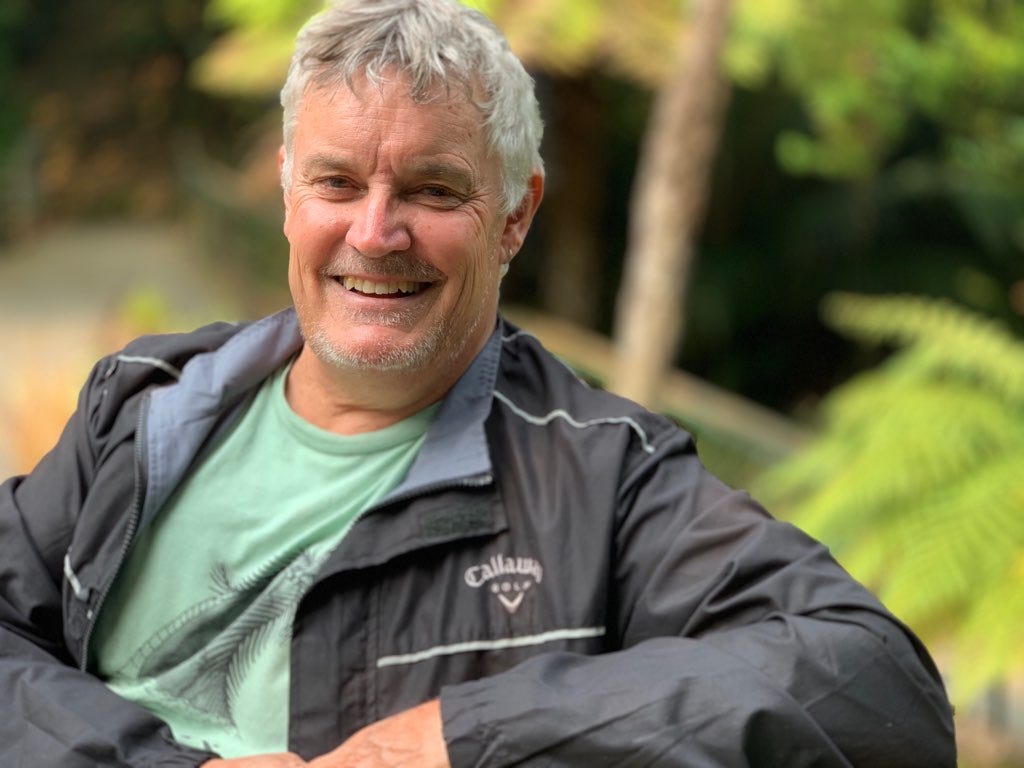

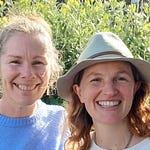
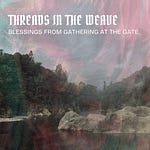
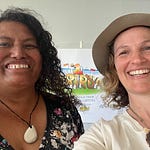
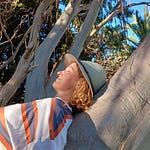
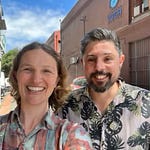

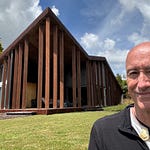
Share this post